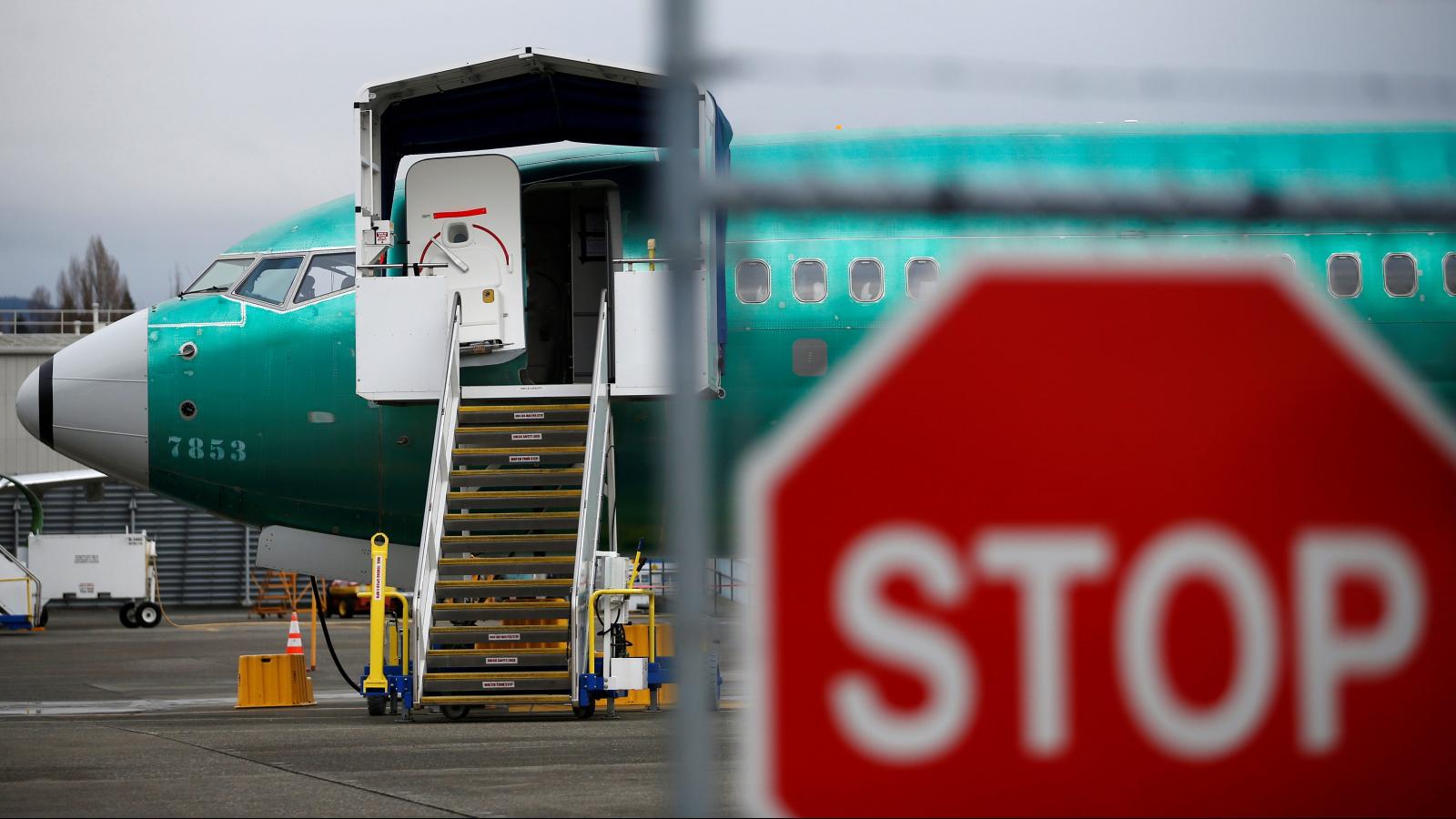Boeing employees pushed back on “stupid” airlines and regulators who asked for more pilot training

Boeing’s internal emails don’t paint a pretty picture of its corporate culture.
A new round of emails Boeing shared with the US Federal Aviation Administration in December, and gave to Congress on Thursday, showed its pilots regarded inquiries from airlines and air safety officials with disdain. The internal exchanges show the employees focused on getting Boeing’s commercial and regulatory partners to drop requests for simulator training on the new 737 Max, which ultimately was involved in two deadly crashes that killed nearly 350 people. (The Verge has published a full set of emails and messages.)
In 2017, shortly after Malaysia’s Malindo Air became the first airline to start flying the 737 Max, a sister airline in the Jakarta-based Lion Air group requested a flight simulator to train pilots on the newly acquired plane, to the irritation of a Boeing technical pilot. Technical pilots are Boeing employees that work with airlines and regulators on training, among other things.
“Now frigging [airline name redacted] may need a sim to fly the Max, and maybe because of their own stupidity,” the pilot wrote in an instant message (pdf, p. 33). “I’m scrambling to figure out how to unscrew this now! idiots.” The pilots’ names were redacted.
In October 2018, Lion Air, part of the group, became the first airline to crash while flying the Max, killing 189 people, but it is not known if the Boeing pilots were discussing that airline or another in the group.
The Seattle Times reported the airline’s request for simulator training might have come in relation to the airline flying to India, as the exchange linked the request to India’s regulator, the Directorate General for Civil Aviation. “Not sure if this is Lion’s fault or DGCA’s yet,” the pilot said.
In another exchange, the Boeing pilot told a colleague he had advised the airline to send the Indian regulator an email from him with a list of all airlines using the Max just based on computer training “to make them feel stupid about trying to require any additional training requirements.” Because the plane was certified as a variation on an earlier 737 model, limited training was required for pilots trained on the older planes, a key component of Boeing’s marketing of the Max.
Simulator training for pilots at airlines is expensive, but it could have helped familiarize them with a new feature, the Maneuvering Characteristics Augmentation System, or MCAS. Instead, pilots weren’t made aware of or trained on the new flight control system, which was added to make the plane perform like earlier models in the 737 series. It was capable of pushing the plane’s nose sharply down during the early minutes of the flight, and it activated on it two fatal flights, which included an Ethiopian Airlines crash in March, which led to the 737 Max’s global grounding.
An internal email from the 737’s chief technical pilot said (pdf, p. 27 of 48) Boeing would go “face to face” with any regulator that tried to make simulator training a requirement for the Max: “Boeing will not allow that to happen.”
Earlier this week Boeing said it would recommend simulator training for pilots when the 737 Max is again certified to fly. On announcing the latest release of emails, which come after an earlier batch of damning communications made public in December, the planemaker, said: “these communications do not reflect the company we are and need to be, and they are completely unacceptable.”
Some employees also expressed scathing opinions about the Max development team, and Boeing management culture more generally. One email described the Max as “designed by clowns, who are in turn supervised by monkeys,” an apparent reference to the FAA. Another wrote in 2018, “Would you put your family on a MAX simulator trained aircraft? I wouldn’t.”
The exchanges reflect a safety culture that appears to have deteriorated sharply in the wake of Boeing’s 1997 acquisition of aircraft manufacturer McDonnell Douglas. The purchase removed a competitor but also changed Boeing in fundamental ways that contributed to the 737 Max crash, by shifting its priorities from design and engineering to costs. Those concerned about the company’s approach to safety appeared to feel ignored.
A line in one of the released emails now stands out as darkly prescient: “I don’t know how to fix these things. It’s systemic. It’s culture… Sometimes you have to let things fail big so that everyone can identify a problem.” qz.com
